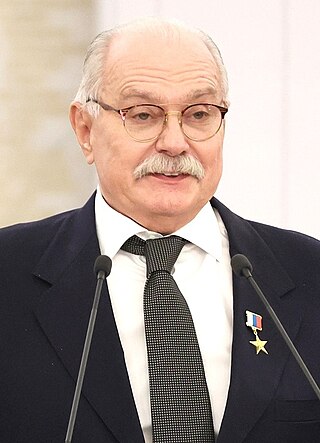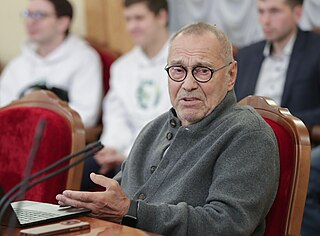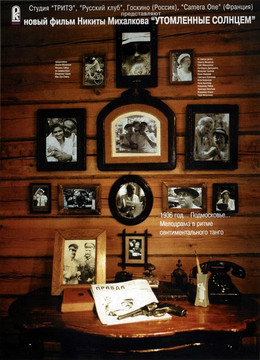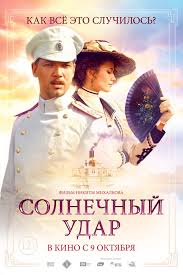| Original | Translations |
|---|
| Polish | English | Russian |
|---|
| Stanza 1 |
|---|
| Teraz nie pora szukać wymówek, | Now is not the time to search for excuses, | Теперь не время искать объяснений, |
| Fakt, że skończyło się, | It's a fact that it's over, | Факт, что все закончилось, |
| Dziś przyszedł inny, bogatszy | Today another, a wealthier man came, | Теперь пришел другой, он богаче |
| I lepszy ode mnie, | Better than me | И лучше меня. |
| I wraz z tobą skradł szczęście me! | And he has stolen, along with you, my happiness | И вместе с тобой он украл мое счастье! |
| Jedną mam prośbę, może ostatnią | I have one favour to ask, maybe it's the last one | У меня лишь одна просьба, может, последняя |
| Pierwszą od wielu lat: | The first one for many years: | И первая за много лет — |
| Daj mi tę jedną niedzielę, ostatnią niedzielę, | Give me this one Sunday, the last Sunday | Дай мне еще одно воскресенье, последнее воскресенье, |
| A potem niech wali się świat! | And then let the world fall apart. | А после пусть рушится мир! |
| Chorus |
|---|
| To ostatnia niedziela, | This is the last Sunday | Это последнее воскресенье, |
| Dzisiaj się rozstaniemy, | Today we break up | Сегодня мы расстанемся, |
| Dzisiaj się rozejdziemy | Today we walk away | Сегодня мы разойдемся |
| Na wieczny czas. | Forever | Навеки. |
| To ostatnia niedziela, | This is the last Sunday | Это последнее воскресенье, |
| Więc nie żałuj jej dla mnie, | So don't grudge it for me | Так не пожалей его для меня, |
| Spojrzyj czule dziś na mnie | Look at me, tenderly | Посмотри на меня с чувством |
| Ostatni raz. | For the last time | В последний раз. |
| Będziesz jeszcze dość tych niedziel miała, | You will have enough Sundays still | У тебя будет еще сколько угодно таких воскресений, |
| A co ze mną będzie, któż to wie? | Who knows what will happen to me | А что будет со мной — кто знает? |
| To ostatnia niedziela, | This is the last Sunday | Это последнее воскресенье, |
| Moje sny wymarzone, | My dreamed fantasies, | Мои мечтательные сны, |
| Szczęście tak upragnione | The happiness I desired | Счастье, такое желанное, |
| Skończyło się! | Are over | Закончилось! |
| Stanza 2 |
|---|
| Pytasz co zrobię i dokąd pójdę. | You ask, what will I do, where will I go | Ты спрашиваешь, что я сделаю и куда пойду. |
| Dokąd mam iść? Ja wiem! | Where should I go? I know! | Куда мне идти? Я знаю! |
| Dziś dla mnie jedno jest wyjście, | There is only one solution | Теперь для меня есть один выход, |
| Ja nie znam innego, | I don't know about any other | Другого я не знаю, |
| Tym wyjściem jest… no, mniejsza z tem. | This solution is... let's not talk about that | Этот выход… впрочем, не будем об этом. |
| Jedno jest ważne, masz być szczęśliwa, | One thing is important, you must be happy | Важно одно — ты должна быть счастлива, |
| O mnie już nie troszcz się. | Don't worry about me anymore | Обо мне уже не беспокойся. |
| Lecz zanim wszystko się skończy, | But before all ends | Только прежде чем все закончится, |
| Nim los nas rozłączy, | Before the destiny sets us apart | Прежде чем судьба разлучит нас, |
| Tę jedną niedzielę daj mnie. | Give me this last Sunday | Дай мне это единственное воскресенье. |
| Chorus |
|---|















